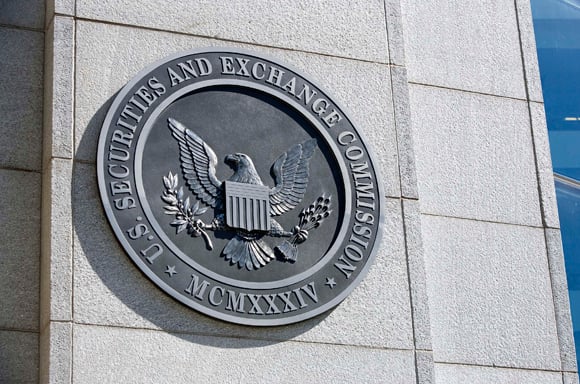The government said Friday it obtained a court order to halt an alleged $34 million Ponzi scheme targeting federal employees and law enforcement agents nationwide with promises of safe investments in a nonexistent bond fund.
The U.S. Securities and Exchange Commission sued the estate of a dead Florida man, claiming he lured law enforcement agents and other government employees into investing at least $34 million in a fraudulent bond fund for more than 20 years.
Kenneth Wayne McLeod, 48, was found dead on June 22 from a self-inflicted gunshot wound in Jacksonville, Florida, said Melissa Bujeda, spokeswoman for the Jacksonville sheriff’s office. Five days earlier, the SEC determined that McLeod had raised the money from about 260 government workers since 1988, the SEC said in a lawsuit filed yesterday in federal court in Miami.
On June 18, the day after the SEC completed its investigation, McLeod sent an e-mail to investors saying he was shutting down one of his firms, the Federal Employee Benefits Group Inc., according to documents filed in court by the SEC.
“You should expect to be contacted in the coming days or weeks by the regulators charged with this termination/task,” the e-mail said. “I pray that at some point in time you can and will forgive me.”
McLeod, through his firms F&S Asset Management Group Inc. and FEBG, told investors their savings would be put in a government bond fund, promising returns of 8 percent to 10 percent, according to the lawsuit. McLeod never purchased any bonds and instead used investors’ money to pay for “lavish entertainment,” including annual trips to the Super Bowl for himself and 40 friends, the SEC said.
Some investors rolled over their retirement and savings accounts into McLeod’s scheme, and invested their inheritances and children’s tuition savings, the SEC said. To carry out the scheme, McLeod told investors their principal would be locked up for various periods of up to eight years, supposedly due to the long-term nature of the fund’s underlying bonds, the SEC said.
Phone calls to FEBG and F&S weren’t answered, and a recording said the message boxes were full.
FBI Agents Involved
McLeod’s target audience was federal law enforcement agencies, including the U.S. Drug Enforcement Administration, the Federal Bureau of Investigation, the Bureau of Alcohol, Tobacco, Firearms and Explosives, the Federal Air Marshal Service, the U.S. Secret Service and the U.S. Attorney’s Office, the SEC said in a court filing.
McLeod told at least one client he was investing in a special fund for “family and friends, and the families of the fallen agents,” according to the lawsuit.
“McLeod victimized law enforcement agents and other government employees who dedicated their lives to the service of this country,” Eric Bustillo, director of the SEC’s regional office in Miami, said in a statement. “The victims gave years of public service and McLeod stole their futures.”
A court yesterday ordered an emergency freeze of the assets of McLeod’s estate and the two firms. The SEC is seeking disgorgement of gains and unspecified monetary penalties.







